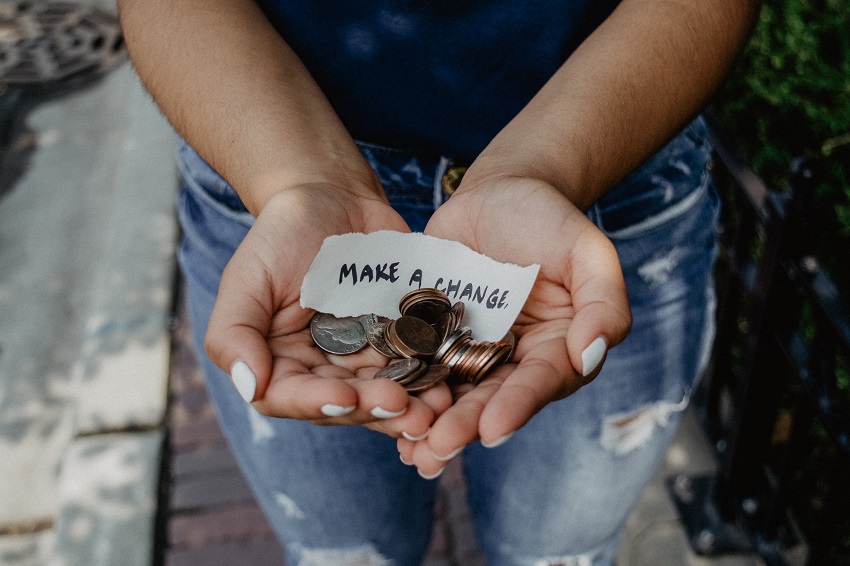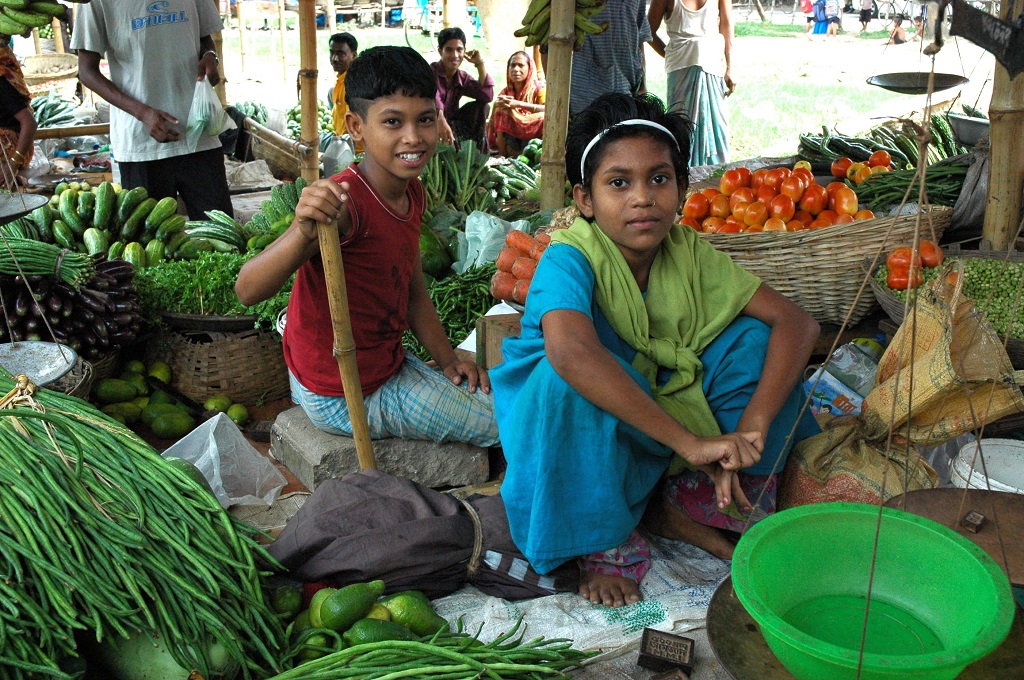Investors in the global North can sometimes be hesitant to make investments in emerging markets, let alone some of the world’s least-developed countries. Risks may very well be greater in developing nations, but much of this hesitancy comes from a perception of risk – these places are far away and, to the unfamiliar, might appear impenetrably foreign in language, culture and business climate. In some cases, the perception is warranted, in others, it is not.
Investors’ perceived risk is only amplified when it comes to investing in fragile contexts, places where war, civil conflict or political instability add an additional layer of complexity and uncertainty to the equation.

The problem is that these two things, conflict and a lack of economic stability, perpetuate each other. In our view, an unstable economy can promote conflict over resources, which then further destabilizes the economy. Neglecting investment in these areas does not promote long-term peace.
At Origin Capital, we’re pursuing market-based solutions to reduce inequality and transform the lives of the world’s most vulnerable people, a mandate that necessarily means we go where others won’t and encounter risks that even other impact investors are uncomfortable with.
Here’s how we suggest others join us in thinking about catalyzing private investment capital to make a difference in the lives of the world’s most vulnerable communities.
1 – Mitigate the largest risk: currency volatility
Through our partners at VisionFund International, we manage a portfolio of loans to small and growing businesses in Mexico, Ghana, Myanmar and Sri Lanka. Our biggest, most persistent challenge in doing this is currency risk.
We believe this is where governments have the opportunity to do immense good, by subsidizing hedging costs to spur foreign direct investment even into contexts more fragile than these. Without governments or other concessionary finance providers, either some investors will have to take on the risk (which could be prohibitive) or small businesses take on the risk (which could severely hamper their growth).
Doing this effectively requires a conversation about the cost of capital. To determine the cost of capital, it helps to start with a few back-of-the-envelope calculations. For the sake of argument let’s say you begin with a capital of $500,000. That gets invested and repaid over two years, interest-free.
But because of the currency fluctuations and the cost of converting the capital back and forth from Canadian or US dollars to local currency, you only really recover $450,000, so the net loss is $50,000, even though you were technically repaid in full. Now, when it comes time to structure an impact investment that provides a 5% return, you still need to cover that gap, which remains at $50,000 (plus the return of $25,000). This is the perfect opportunity for a subsidy.
As impact investors build track records, we’ll become more and more sophisticated at pinning down exactly what the cost of capital is for each context, so that when we work with our public-sector partners we’re able to leverage grant funding to its highest and best use.
Related Articles: The Role Of Impact Investing In Combating Climate Change: Ghana’s Example | Investing with impact: a look at Bodossaki Foundation | How Investing in Young People Sets Coffee Businesses Up for Long-term Success
2 – Prioritize social impact
At Origin Capital, we’re working closely with economists at Queen’s University in Canada to develop a cost-benefit analysis (CBA) framework that will allow us to map out both the financial and non-financial effects of a transaction and help us better understand where value is extracted at different points along the supply chain. Examples of non-financial effects could be a cleaner (or more polluted) environment, or better (or worse) health and educational outcomes. The CBA is essentially a matrix that allows us to see who benefits and how those benefits (both wealth and non-financial benefits) are distributed among investors, producers, consumers, the labor force, governments, community members and so on. This will allow us to structure deals in a non-extractive way and give us the data we need to prioritize effective social impact.
Whether it’s our CBA model (other impact investors are welcome to get in touch with us to discuss it) or another methodology, we highly recommend that anyone looking to work in fragile contexts begin to use an integrated impact measurement framework that folds in financial information. Especially in high-risk circumstances, using a framework like this can help investors focus on projects that have a high potential for a social return on investment while also making financial sense.

3 – Think long-term and build a track record
For decades, humanitarian organizations have addressed resource scarcity in fragile contexts by providing aid, but food aid, particularly when “used poorly on a recurring basis … can also exacerbate some of the root causes of social discontent.” If in a given context, aid does not address self-sufficiency or reduce conflict over resources, it’s worth looking at blended financial models that use grant money to improve economic stability, and in doing so reduce some of the disparities that are driving conflict.
All around us, we can see a widening gap in wealth distribution, but we sometimes don’t have the evidence to show if any particular investment is contributing to that dysfunction or reducing it. At Origin Capital, we’re beginning to build a track record of evidence that shows the unvarnished effects of our investments, and we hope to inspire other investors, “impact” focused or not, to do the same.
In the cover picture: A Girl And a Boy in Rural Market. Photo Credit: Unsplash
EDITOR’S NOTE: The opinions expressed here by Impakter.com columnists are their own, not those of Impakter.com.











